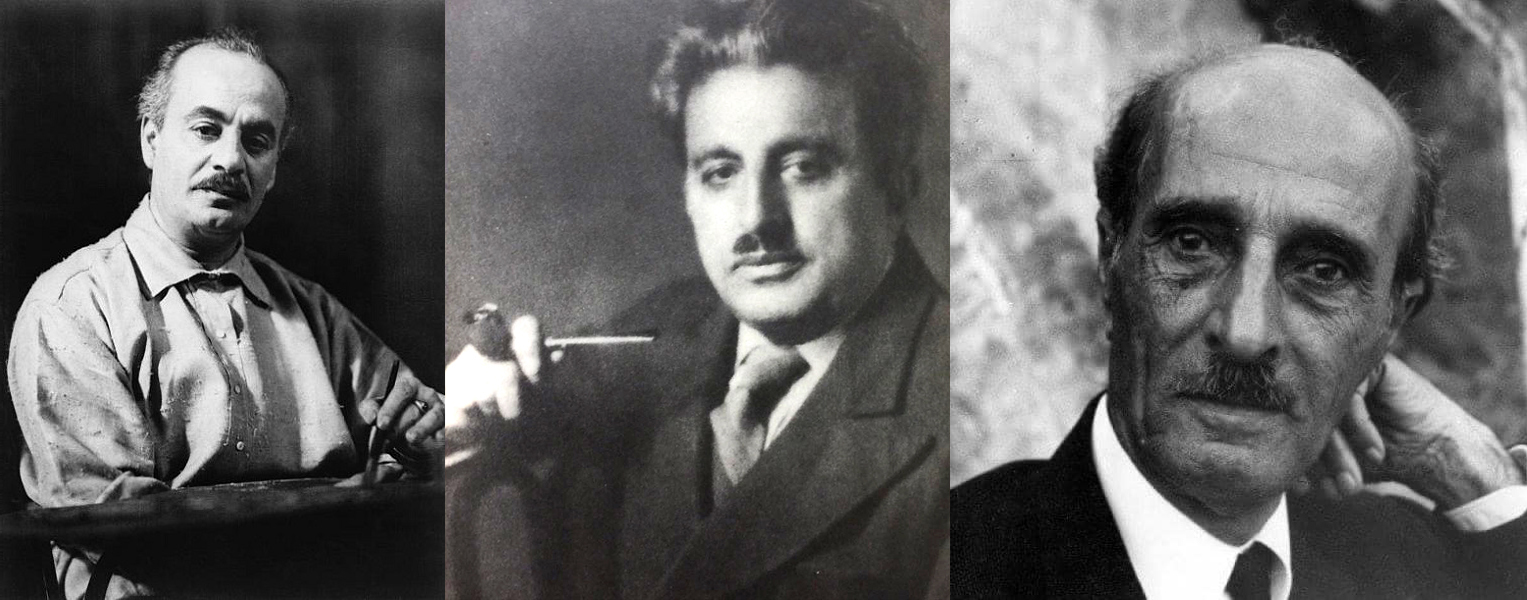Essays and Features
Six Years After Publication, Zionist Protests Transform Adania Shibli’s ‘Minor Detail’ Into a Major Detail
Arab reactions to the “indefinite postponement” of an award ceremony honoring Palestinian author Adania Shibli and her novel, “Minor Detail” have ranged from ideological to radical, with several voices leveraging the October 16 decision by LitProm, the awards administrator of the Frankfurt Book Fair, as yet another reason to decry Western imperialism.
Layla Baalbaki: The Last Existential Feminist
Layla Baalbaki (1936-2023): Lebanese Writer Who Left a Revolutionary Storm in Modern Arab Feminist Novel at 22 Before Unexpected Adieu to Fiction Writing
In Algeria's Killing Fields: Many Causes Underlie Assassinations of Journalists and Intellectuals
Why Death of a Nation's Conscience Has Met With Cold Indifference
Farewell to Habib Sadek (1931-2023): Friend, Poet, and Exceptionally Honest Politician
Having Self-Exiled from the Turbulent World of Lebanese Politics, Sadek Dies Peacefully at 92
Second-Wave Arab American Literature Caught Between Assimilation and Diversity: Literary Legacy Which Descended into a Dormant Period Experienced a Revival in Late 1960s
Lebanon Still Overshadowed by Oblivion As Port Blast Aftermath Enters Fourth Year
Nazik al-Malaika: Queen of Free Verse Remains Uncertain
Fifty Years of Debate Yield No Consensus Over Her Place on the Throne of New Arabic Poetry
Rarely do I open a cultural page in Arab newspapers, whether print or online, without catching wind of new discourse on modern poetry. Though I have never written poetry, the topic naturally draws my interest as an academic in political science, lecturing on debates between tradition and modernity for nearly a third of a century...Debates between traditional and new poetry shouldn’t be dismissed as simply Byzantine arguments.









